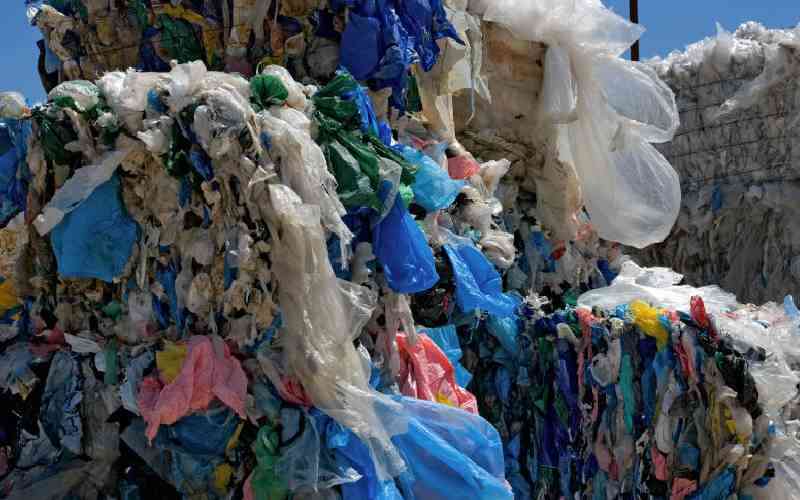×
The Standard e-Paper
Kenya's Bold Newspaper

Audio By Vocalize

This week, Kenya took a significant step in the fight against plastic pollution by committing to eliminate production and use of harmful plastics in 15 years, joining a growing list of countries with the same ambition.
